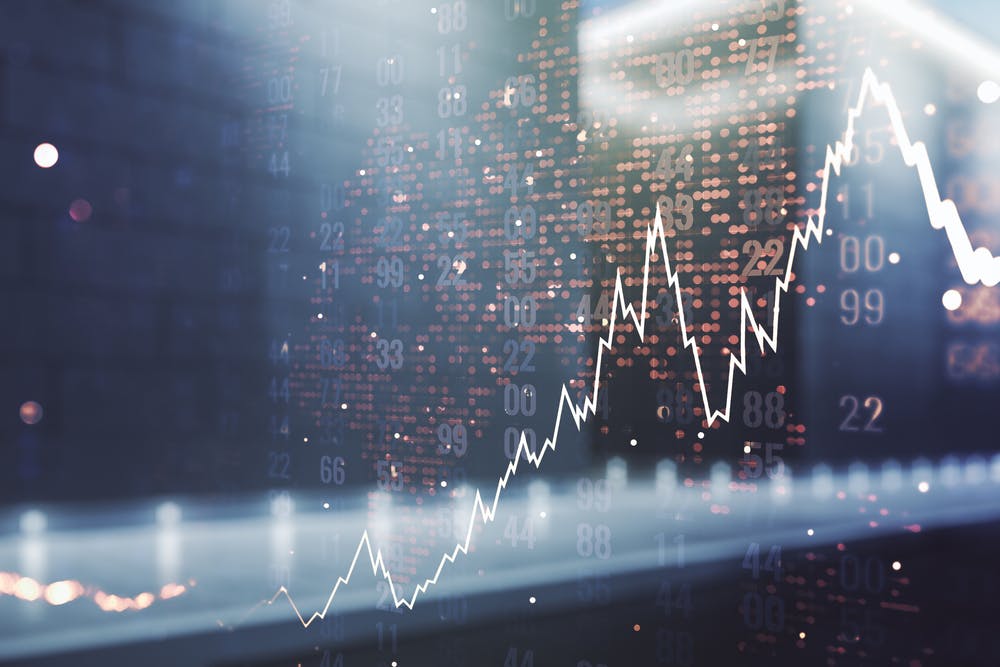The Active vs Passive Equity Fund debate

Is passive equity fund investing the way to go?
The argument we constantly hear is that most actively managed funds do not outperform passive investing, so why pay the extra cost? Logical arguments with 100s of articles and constant debates on the topic, but often we only hear part of the story. There are a few key points:
- To get a clear comparison of active vs passive, we need to be clear on the time frames being used and the indexes being compared. Are the time frames using 1,3,5,10 year results? Does the index being used accurately reflect the objective of the fund and how it’s managed?
By comparing just shorter-term results, often this will eliminate some of the best performing long-term funds. For example - many top funds based on 10 year results, have 1, 3, and even 5 year results in the bottom quartile or bottom half of their peers. If your time horizon is 10+ years, investors need to be careful about screening funds on shorter-term results. - We often hear that “80-90% of actively managed funds do not outperform passive.“ * If that statement is true, what does that say?
Answer - 10-20% of actively managed funds actually do outperform passive. Then the key becomes finding those 10-20% who are adding value & exceeding passive. Which is a reasonable request & function of your financial advisor. * (Source-First Ascent Asset Management. Ten facts clients need to know to achieve investment success. 2021. Firstascentam.com) - Payouts & the distribution phase - if an active manager can reduce volatility & control downside risk, that can be a significant advantage to an investor who’s taking payouts. Known as sequence of return risk.
I’ve described this like having brakes on a car. In rising markets ( going up hill) there is no need for brakes. However, in falling markets ( going down hill) we need brakes or else our car will get out of control! A good active manager can give you brakes. - If an active manager provides just a small increase in results ( alpha) does it even matter? The answer is yes. Over many years, even small results can dramatically improve outcomes, much greater than most of us realize. Example - if an investor is able to get just 100 basis points ( 1 percentage point) better results over 40 years, that can result in 16 additional years of retirement spending. ( Source-Capital group - American Funds. Lit No MFGGEOS-044 10-21. Results Matter. The shark fin report.)
- Passive funds are lower cost, but is selecting the right funds just about “a race to the bottom “ ( cost) ? It should be about results in both rising & falling markets.
In Summary - Active investing can add value, especially in retirement accounts designed for longer time horizons. Also, especially if an investor is taking distributions. The key is to find the right active managers.
Matt Ward - June 8, 2023
Ready to talk to Encore Today?
We know this process in and out. We're your trusted partners in Retirement Planning.
Contact us Today!